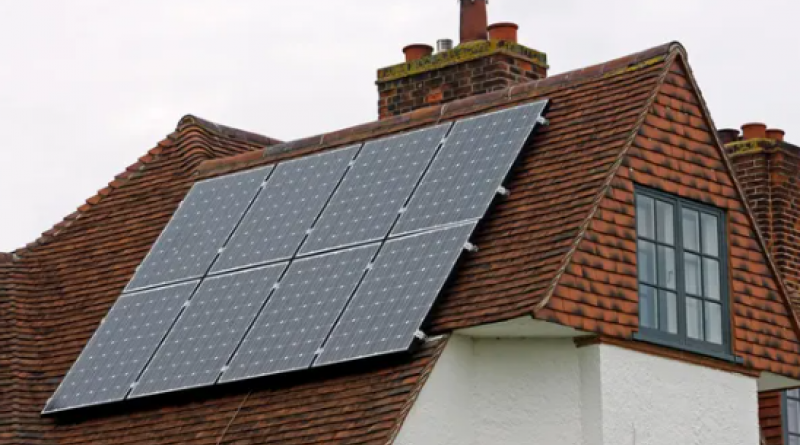Over-50s want climate crisis addressed ‘even if it leads to high prices’

Research finds almost two-thirds of older people want UK government to move faster on green initiatives.
The majority of over-50s believe the UK government should be doing more to address the climate crisis, even if it leads to higher prices, a study has found.
A survey of more than 500 people aged 50 and over found that almost two-thirds want ministers to move faster on climate initiatives, regardless of whether it meant products and services would be more expensive over time, or more difficult to access.
Stuart Lewis, the founder of Rest Less, which conducted the study, said: “Our research shows that midlifers feel a huge sense of responsibility for the health of the planet and their role in reducing climate change.”
Rest Less, a website that supports and provides advice to older people, also found that only a minority of older people said they were unconcerned about the climate crisis, challenging assumptions about a generational divide on environmental issues.
More than two in three people polled said they had bought fewer clothes to cut down on waste in recent years, while half reduced their vehicle use and consumed less meat and dairy. One in five said they only bought seasonal food, while half said they had reduced home energy use.
“The vast majority of midlifers we surveyed are already making changes to their own habits, from recycling more to consuming less, changing their travel habits, with some even giving up their car altogether,” Lewis said.
However, the findings come as other research showed older homeowners were unlikely to receive significant financial benefits from greening their properties.
The government is aiming to upgrade as many homes as possible to an average energy efficiency rating of C by 2035. But the average cost of improvements – which could mean insulating water tanks and lofts, or installing solar panels and heat pumps – can be much higher for older people because they tend to own older and less energy efficient homes.
A study by Nationwide building society found the cost of improvements was about £8,100 on average, but rose to £25,800 for homes with a F or G energy efficiency rating.
The average annual savings of greening a home are estimated at about £1,780 a year, meaning owners of older properties would only reap financial benefits after 14 years.
“This suggests a need for further incentives to help decarbonise homes,” said Andrew Harvey, Nationwide’s senior economist.
Meanwhile, better energy performance certificates (EPCs) are having a limited impact on house prices. While the worst performing homes were valued 3.5% less than the average home, the greenest only attracted a premium of about 1.7%, Nationwide said.
The financial implications could “disincentivise” older property owners from taking action, Harvey said. “However, the value that people attach to energy efficiency is likely to change over time, especially if the government takes measures to incentivise greater energy efficiency in future to help ensure the UK meets its climate change obligations.”
30 August 2021
The Guardian




